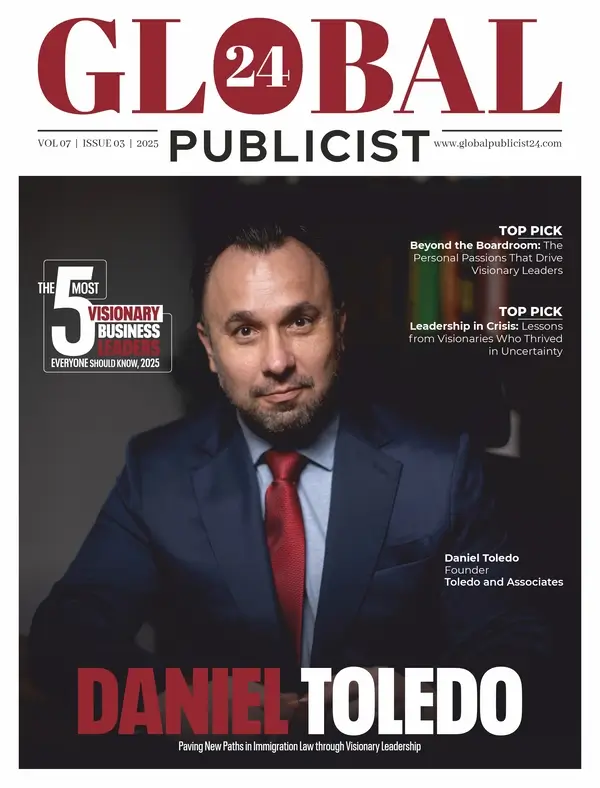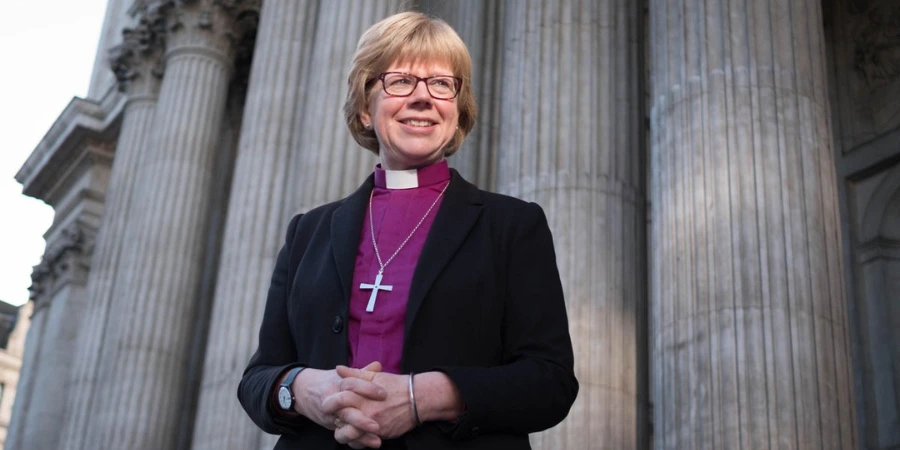Introduction
Sean Parker stands as one of Silicon Valley’s most fascinating and controversial billionaires. With a net worth of $3 billion as of 2025, the internet entrepreneur who co-founded Napster at 19 and became Facebook’s first president has built an empire that extends far beyond his early disruptive ventures. According to Forbes, Parker’s estimated net worth places him among the top 1,250 richest individuals in the world.
From teenage hacker to tech visionary to philanthropist investing hundreds of millions in cancer research, Parker’s journey represents the quintessential Silicon Valley success story—complete with legal battles, industry disruption, and strategic pivots that transformed culture and commerce. His ability to identify transformative technologies before they achieve mainstream adoption has consistently positioned him at the forefront of digital innovation.
Today, Parker’s wealth derives not from a single venture but from a carefully curated portfolio of investments, strategic equity stakes, and forward-thinking bets on emerging technologies. Understanding how he built this fortune offers valuable insights into tech entrepreneurship, strategic investing, and the long-term value of being early to revolutionary platforms.
The Napster Foundation: Disrupting an Industry at 19
Sean Parker was born on December 3, 1979, in Herndon, Virginia, where his father, an oceanographer, introduced him to coding at age seven on an Atari 800. This early exposure to technology would prove instrumental in shaping his future.
At just 19, Parker co-founded Napster, revolutionizing the music industry and paving the way for modern streaming services. While Napster ultimately faced legal challenges from the Recording Industry Association of America and was shut down, its cultural impact was undeniable. The platform demonstrated consumer appetite for digital music distribution and forced the entertainment industry to reconsider its business model.
Though Napster didn’t generate significant personal wealth for Parker, it established his reputation as a disruptive innovator willing to challenge established industries. This reputation would open doors to opportunities that would eventually generate billions in wealth.
Facebook’s First President: The Deal That Created Billions
Parker’s most lucrative move came through his role as Facebook’s founding president in 2004. After meeting Mark Zuckerberg through mutual connections, Parker provided crucial guidance during Facebook’s formative period, helping structure the company, secure early funding, and establish the corporate foundation that would support its explosive growth.
The majority of Parker’s wealth comes from his Facebook investment, where he reportedly owns close to 66 million shares. As Facebook evolved into Meta Platforms, this equity stake appreciated dramatically, transforming Parker from millionaire to billionaire.
His influence extended beyond equity ownership. Parker’s experience with Napster and early social networking platforms informed Facebook’s strategic decisions during critical growth phases. Though he left the company in 2005, his retained ownership position became the cornerstone of his fortune as Facebook’s valuation soared from millions to hundreds of billions.
Strategic Investments: Spotify and Beyond
Parker demonstrated prescient investment instincts beyond Facebook. In 2010, he invested $15 million for a 5% stake in Spotify and served on its board until 2017. This investment came years before Spotify achieved mainstream adoption in the United States, reflecting Parker’s understanding of digital music’s future—ironic given Napster’s controversial history.
Parker leveraged his Facebook connections to facilitate Spotify’s U.S. launch, negotiating with major record labels and integrating Spotify into Facebook’s platform. This strategic positioning accelerated Spotify’s growth and substantially increased Parker’s investment value as the company went public.
More recently, in June 2024, Parker joined Stability AI as executive board chairman, signaling his continued belief in transformative technologies. His involvement with generative AI companies demonstrates an ongoing ability to identify next-generation platforms with massive potential.
The Parker Foundation: Philanthropy at Scale
Beyond wealth accumulation, Parker has distinguished himself through substantial philanthropic commitments. In 2016, the Parker Foundation announced a $250 million grant to form the Parker Institute for Cancer Immunotherapy (PICI).
The Parker Institute represents an unprecedented collaboration among 300 of the country’s leading immunologists at six academic cancer centers, dedicated to harnessing the power of the immune system to fight and cure cancer. By encouraging cooperation, data sharing, and industry partnership, the Institute aims to eliminate the intellectual silos that traditionally stifle medical research progress.
Since its founding, PICI has supported the work of 1,000 researchers and helped create a $4 billion venture capital portfolio focused on cancer immunotherapy. This philanthropic initiative represents Parker’s evolution from disruptive entrepreneur to institutional change agent, applying venture capital principles to medical research.
The Parker Foundation also focuses on global public health and civic engagement, demonstrating Parker’s commitment to leveraging wealth for societal impact beyond technology sector innovations.
Diversified Wealth Portfolio: Real Estate and Ventures
Parker’s $3 billion net worth extends beyond tech equity stakes. He has invested in premium real estate across major metropolitan areas, including significant holdings in Los Angeles and New York. These investments provide portfolio diversification and demonstrate sophisticated wealth management beyond his technology roots.
His venture investments span multiple sectors, including communication platforms, civic technology, and emerging categories. Through vehicles like the Founders Fund, Parker has maintained exposure to promising startups while mentoring next-generation entrepreneurs. This approach ensures his wealth continues growing while supporting innovation ecosystems.
Parker’s investment philosophy emphasizes transformative platforms over incremental improvements. He seeks opportunities where network effects, first-mover advantages, and fundamental behavioral shifts converge to create massive value creation potential.
Lessons from Parker’s Wealth-Building Strategy
Several principles emerge from analyzing Parker’s path to billionaire status. First, being early to transformative platforms—even controversial ones—can generate disproportionate returns. His Napster experience, despite legal challenges, positioned him perfectly to recognize Facebook’s potential.
Second, maintaining equity ownership through growth phases proves crucial. Rather than cashing out early, Parker retained substantial Facebook holdings through multiple funding rounds, allowing him to capture the full value of exponential growth.
Third, strategic diversification across related industries reduces risk while maintaining exposure to secular trends. Parker’s investments in social networking, music streaming, and now artificial intelligence reflect consistent focus on digital transformation while avoiding over-concentration in any single company.
Finally, leveraging expertise and networks compounds advantages. Parker’s reputation opened investment opportunities unavailable to typical investors, while his operational experience added value beyond capital provision.
The Evolution of Tech Wealth: Parker’s Ongoing Impact
Parker’s journey from teenage programmer to billionaire philanthropist illustrates the evolving nature of technology wealth creation. Unlike traditional industrial fortunes built over decades, digital platforms can generate billions within years for early participants who understand their transformative potential.
His current focus on cancer immunotherapy and artificial intelligence suggests Parker continues identifying opportunities where exponential progress seems achievable. Whether these bets match his Facebook success remains uncertain, but his track record warrants attention from investors and entrepreneurs seeking to understand breakthrough opportunities.
Parker represents a generation of tech entrepreneurs who accumulated massive wealth rapidly, then grappled with how to deploy those resources meaningfully. His $250 million cancer initiative demonstrates one approach—applying venture capital thinking to intractable social problems while maintaining active involvement in emerging technologies.
Frequently Asked Questions About Sean Parker’s Net Worth
What is Sean Parker’s net worth in 2025? Sean Parker’s estimated net worth is $3 billion as of May 2025, according to Forbes, placing him among the top 1,250 richest individuals globally. His wealth primarily derives from his Facebook equity stake, Spotify investments, and diversified venture portfolio across technology and real estate sectors.
How did Sean Parker make his money? Parker’s wealth predominantly comes from his Facebook equity, where he reportedly owns approximately 66 million shares acquired during his tenure as the company’s first president starting in 2004. Additional wealth stems from early Spotify investments and strategic ventures across technology sectors.
What percentage of Facebook does Sean Parker own? While Parker once held a 4% stake in Facebook, his current ownership percentage has been diluted through subsequent funding rounds and secondary market sales. However, his retained shares in Meta Platforms (Facebook’s parent company) remain the foundation of his multi-billion dollar net worth.
How much did Sean Parker invest in Spotify? In 2010, Parker invested $15 million for a 5% stake in Spotify. He also served on Spotify’s board of directors until 2017, helping negotiate U.S. expansion and record label agreements that proved crucial to the streaming service’s success.
What is the Parker Institute for Cancer Immunotherapy? The Parker Institute for Cancer Immunotherapy is a collaborative research organization formed in 2016 through a $250 million grant from the Parker Foundation. It brings together 300 leading immunologists at six academic cancer centers to harness the immune system’s power to fight and cure cancer.
Conclusion: A Legacy Beyond Wealth
Sean Parker’s $3 billion net worth tells only part of his story. From disrupting the music industry with Napster to shaping social networking’s future at Facebook to betting early on streaming music with Spotify, Parker consistently positioned himself at the intersection of technology and cultural transformation.
His evolution from controversial entrepreneur to respected philanthropist demonstrates how tech wealth can fund moonshot initiatives addressing humanity’s greatest challenges. The Parker Institute for Cancer Immunotherapy represents a new model for scientific research—one that applies Silicon Valley’s collaborative, fast-moving culture to medical breakthroughs.
As artificial intelligence and biotechnology converge to reshape industries once again, Parker’s continued involvement suggests the next chapter of his wealth-building journey may prove as transformative as his early ventures. His story offers entrepreneurs and investors a blueprint for identifying breakthrough opportunities, maintaining conviction through controversy, and ultimately leveraging success for impact beyond personal gain.












